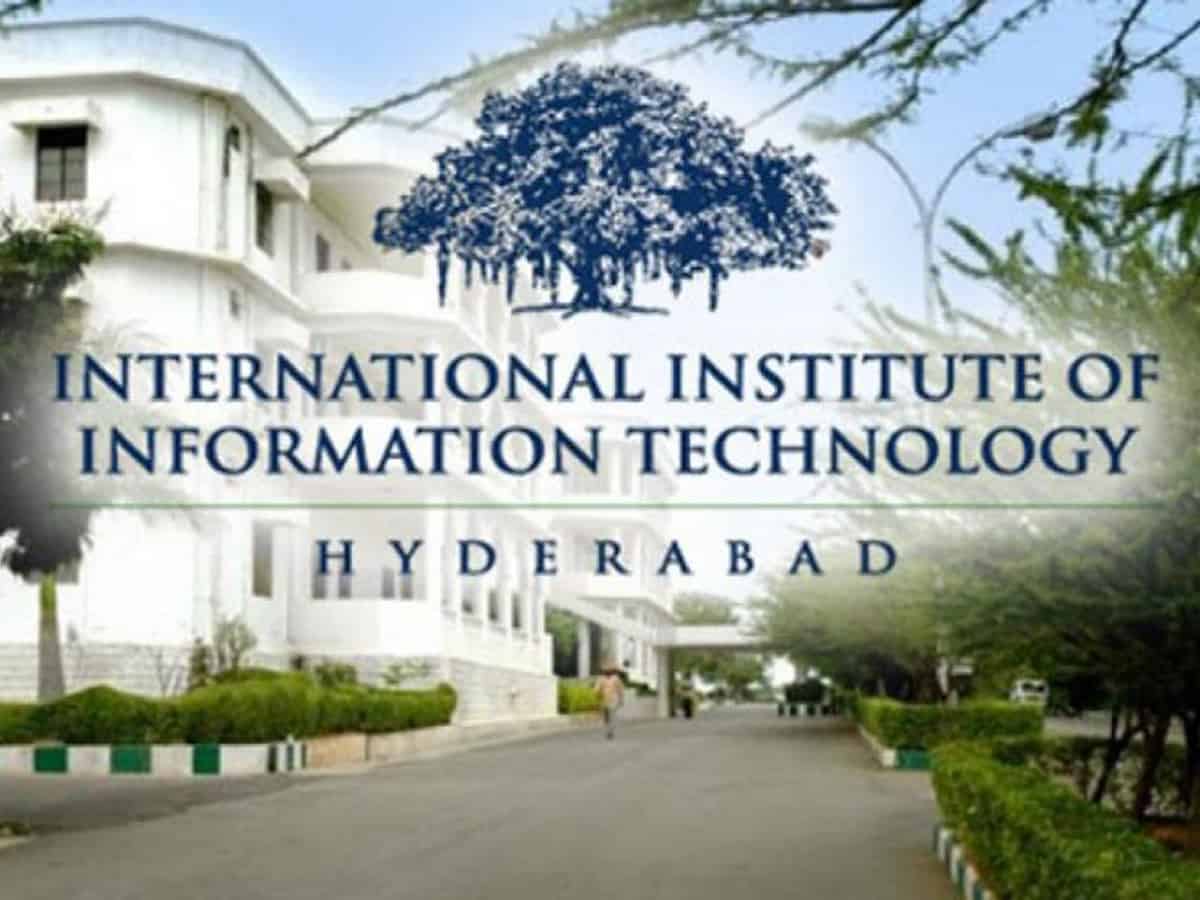Hyderabad: The students of 2020-21 and 2021-22 batches of MSIT, IIIT Hyderabad, graduated on 9 July 2022. MSIT is a postgraduate degree offered by Consortium of Institutions of Higher Learning (CIHL), IIIT Hyderabad and in the year 2020, introduced an ‘online’ mode of learning during the COVID-19 pandemic. Students who pursued their academic specializations in AI/ML, Data Science, and Full Stack Development, in MSIT, achieved a minimum of 80% mastery in their subject areas while gaining high-paying employment.
One of the students, Sri Sai Chandan Jinka, speaks about his experience, “Academic Journey with MSIT has been truly transformative. In contrast to traditional teaching, this program employs learning by doing pedagogy, which helped me imbibe computer science concepts in a practical approach. The academic structure is industry-driven; hence, students can pursue courses of interest and excel in their desired industry domains. The Soft Skills program made me introspect and analyze my traits, and feedback was certainly useful to boost my confidence, consequently improving my performance. Faculty and administration are supportive and took all measures to make the online transition hassle-free.”
Shruti Parikh, another MSIT student, shared her thoughts, “The whole course was online. Still, it was way more structured than expected . The schedule kept me engaged with the courses all through the day. The “learning by doing” approach along with the project centric courses made the learning more interesting and gave experience in the practical implementation of the concepts. Throughout the two years, I have not only improved my coding and other technical knowledge but also learned about behavioral, industry-related soft skills. Overall made me very confident in attending placements. I also got the added advantage of doing an internship during my course as a part of the co-op. This experiment has molded my personality and made me industry ready.” Students like Shruti and Chandan expressed their views about MSIT online learning experience on par with on-campus learning.
MSIT is extending a one-week course on ‘Computational Thinking’ for all students with a UG degree. The course consists of 6 learning units in Algorithms & Programming, Data Representation, Functions, Boolean Logic, Branching, and Loops. Students will be awarded a certificate from MSIT and IIIT Hyderabad after completing the CT course with a mastery level.
Hyderabad: HDFC directed to pay Rs 5.50L to widow after denying insurance
A student of the Computational Thinking course, Sankesh Jain, says “My experience with the computational thinking program was good. One of the best experiences I had in the program was that I had a doubt after the class session. I asked for the mentor’s help, and the team set up an immediate zoom call, and my doubt was cleared. Unlike traditional courses, mentors were friendly, knowledgeable, and easily accessible. We were a batch of students from different backgrounds, yet the mentors helped everyone understand the topics based on their familiarity with the subjects/topics.”
Any student with a B.Tech, B.E, M.Tech, or MCA can avail of this upskilling opportunity and earn a ‘Computational Thinking’ course Certificate by registering on the MSIT website www.msit.ac.in. Students with a mastery level in CT courses gain a chance to avail of MSIT Admission for the August 2022 intake.
About IIIT Hyderabad
The International Institute of Information Technology, Hyderabad (IIIT-H) is an autonomous research university founded in 1998 that focuses on the core areas of Information Technology, such as Computer Science, Electronics and Communications, and their applications in other domains through inter-disciplinary research that has a greater social impact. Some of its research domains include Visual Information Technologies, Human Language Technologies, Data Engineering, VLSI and Embedded Systems, Computer Architecture, Wireless Communications, Algorithms and Information Security, Robotics, Building Science, Earthquake Engineering, Computational Natural Sciences and Bioinformatics, Education Technologies, Power Systems, IT in Agriculture and e-Governance.







